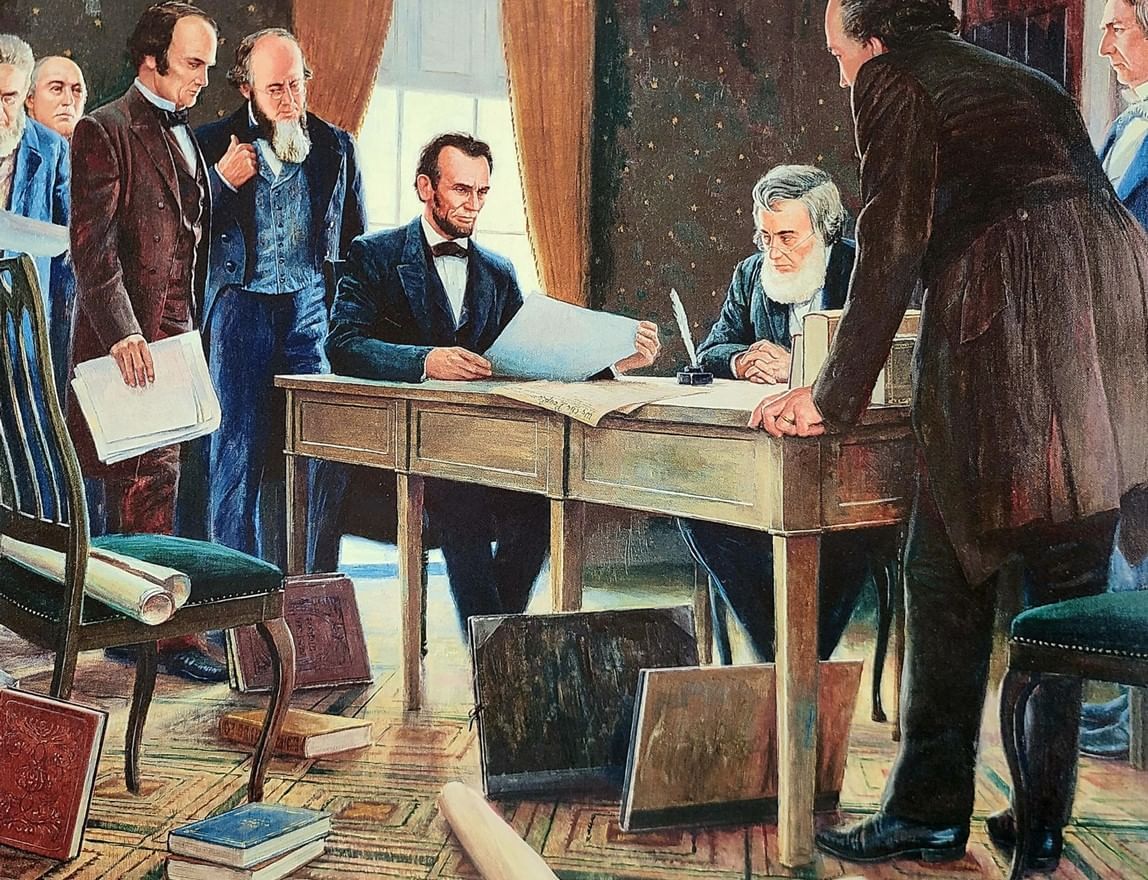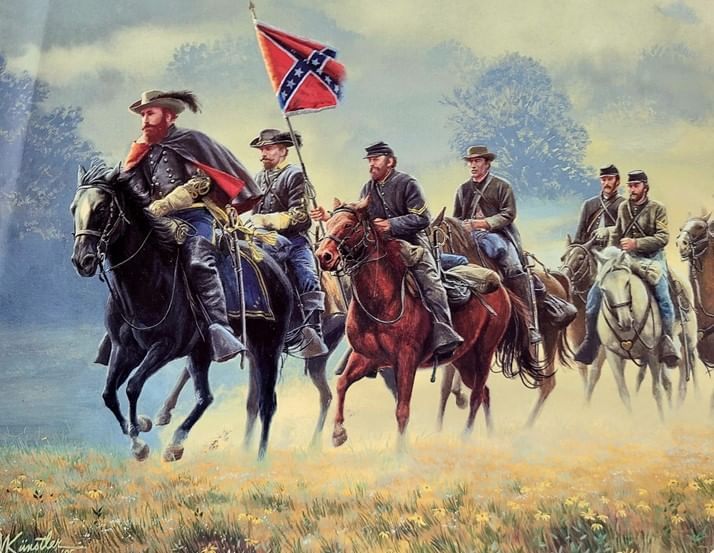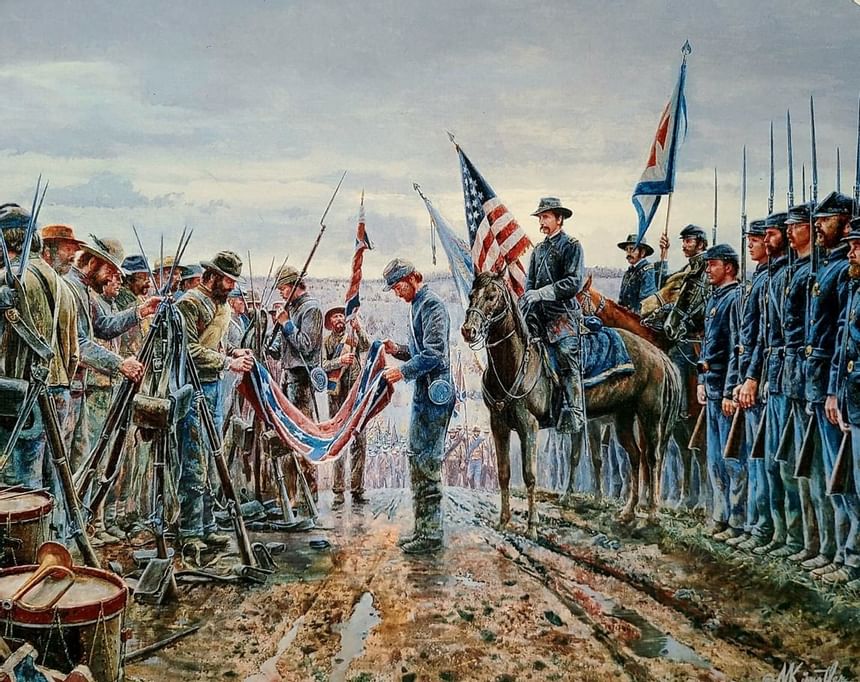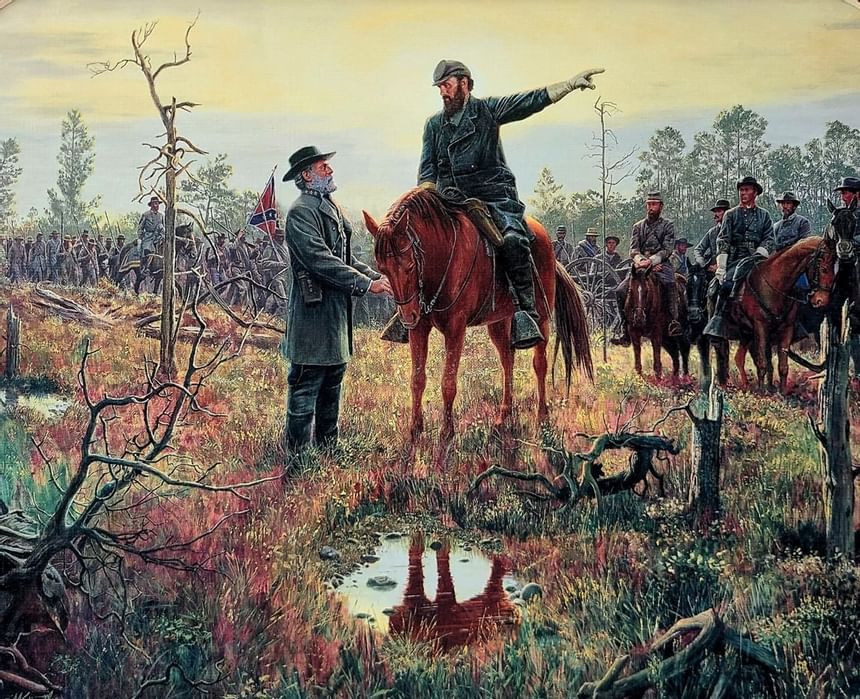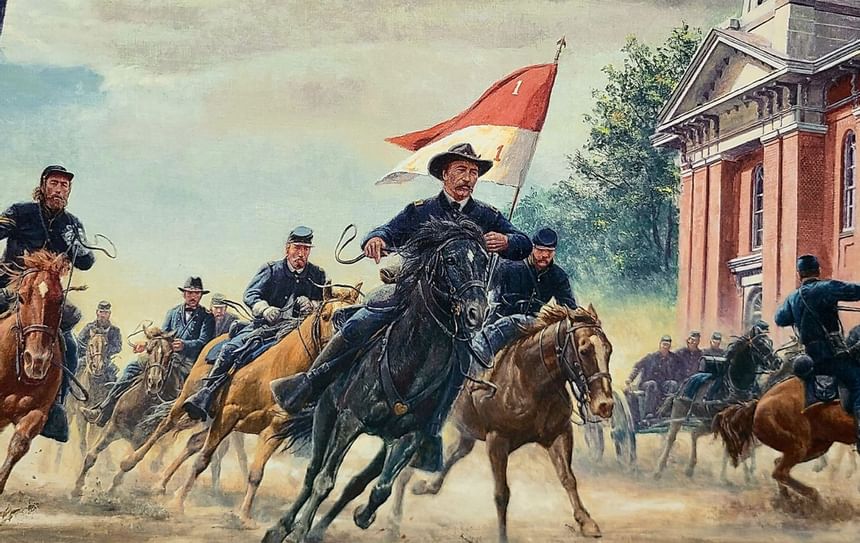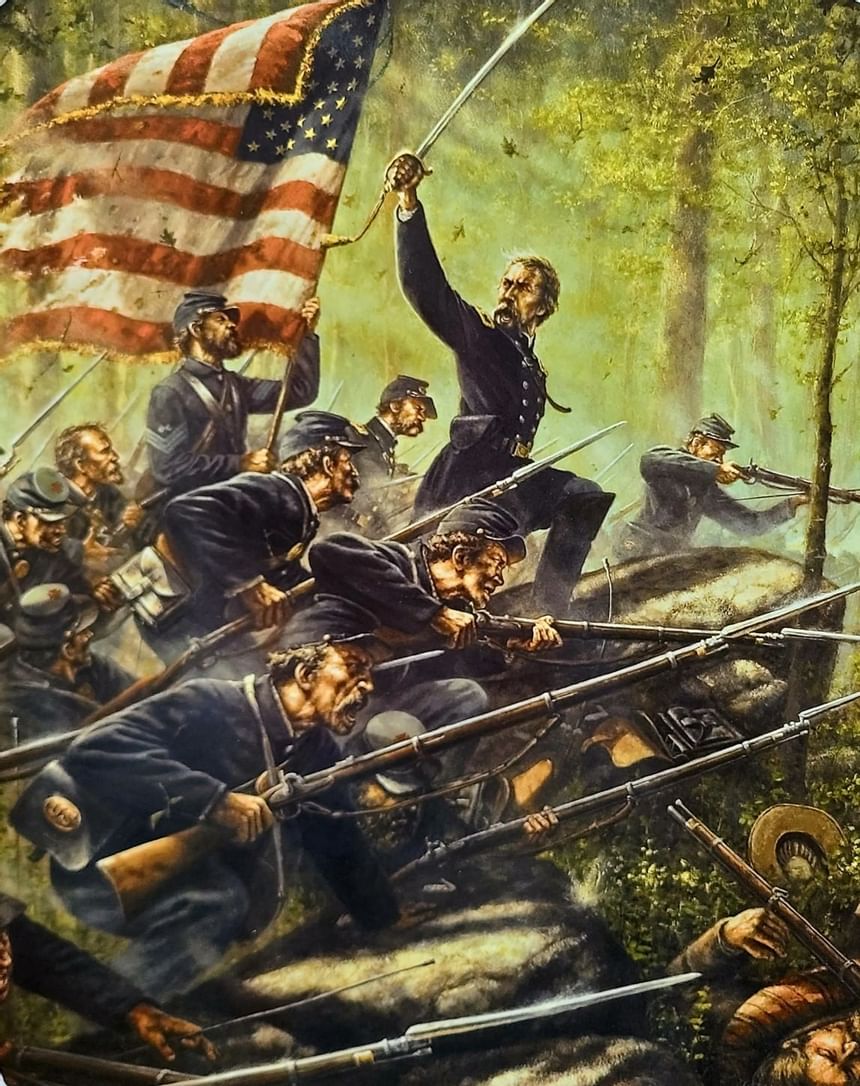Battle of Gettysburg Leadership Lessons
Our battlefield leadership program focuses on individual leaders in the Battle of Gettysburg and the impact they had on the preparation, outcome and aftermath of the extraordinary events that shaped our history. Were they ready when their test came? Could they have performed better? How so? What actions or failures contributed to victory or defeat and leadership skills and lessons can we learn from their experiences and apply in our own lives and professions. Below are a few examples of case studies that will be used during your instruction.
